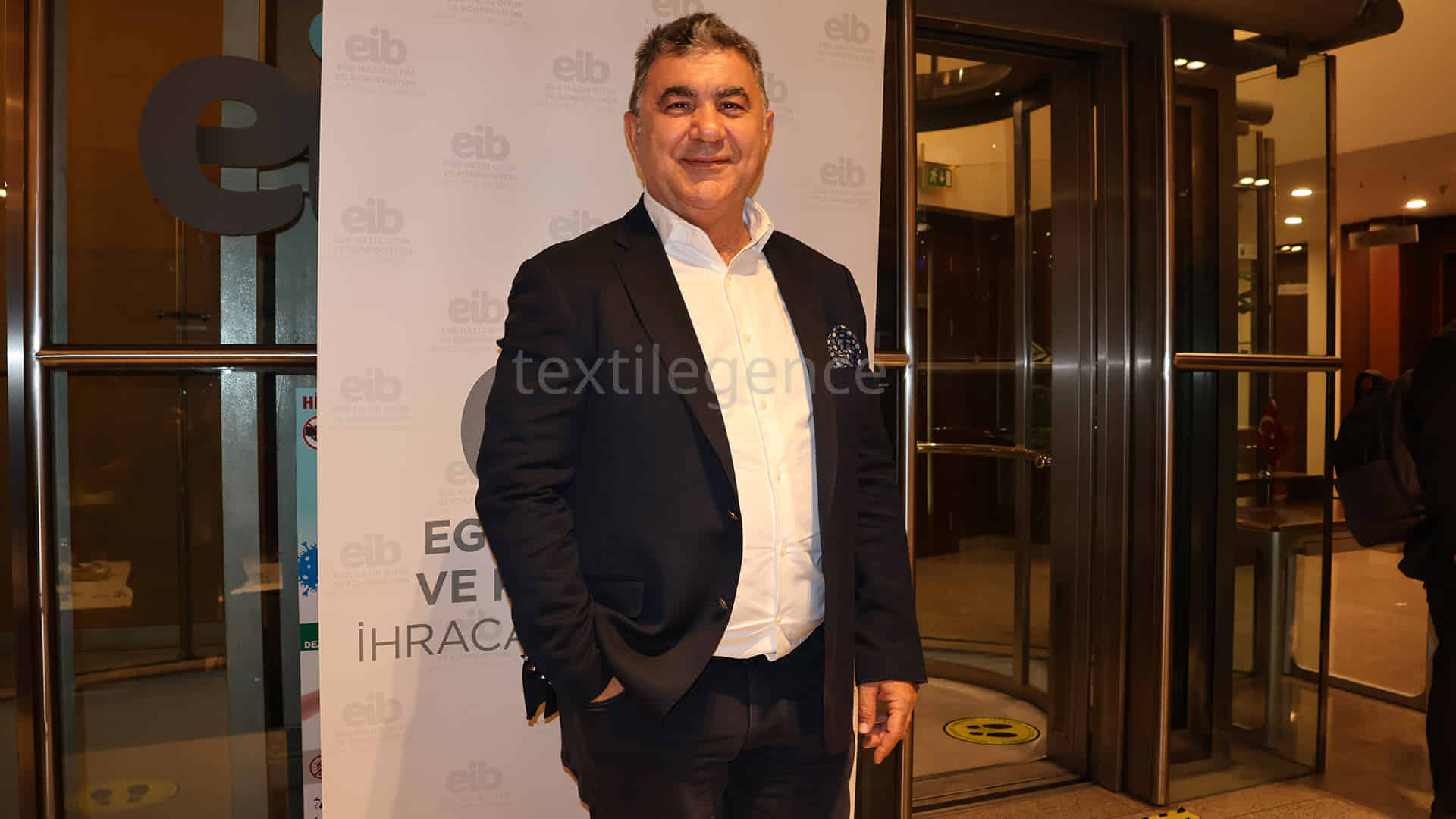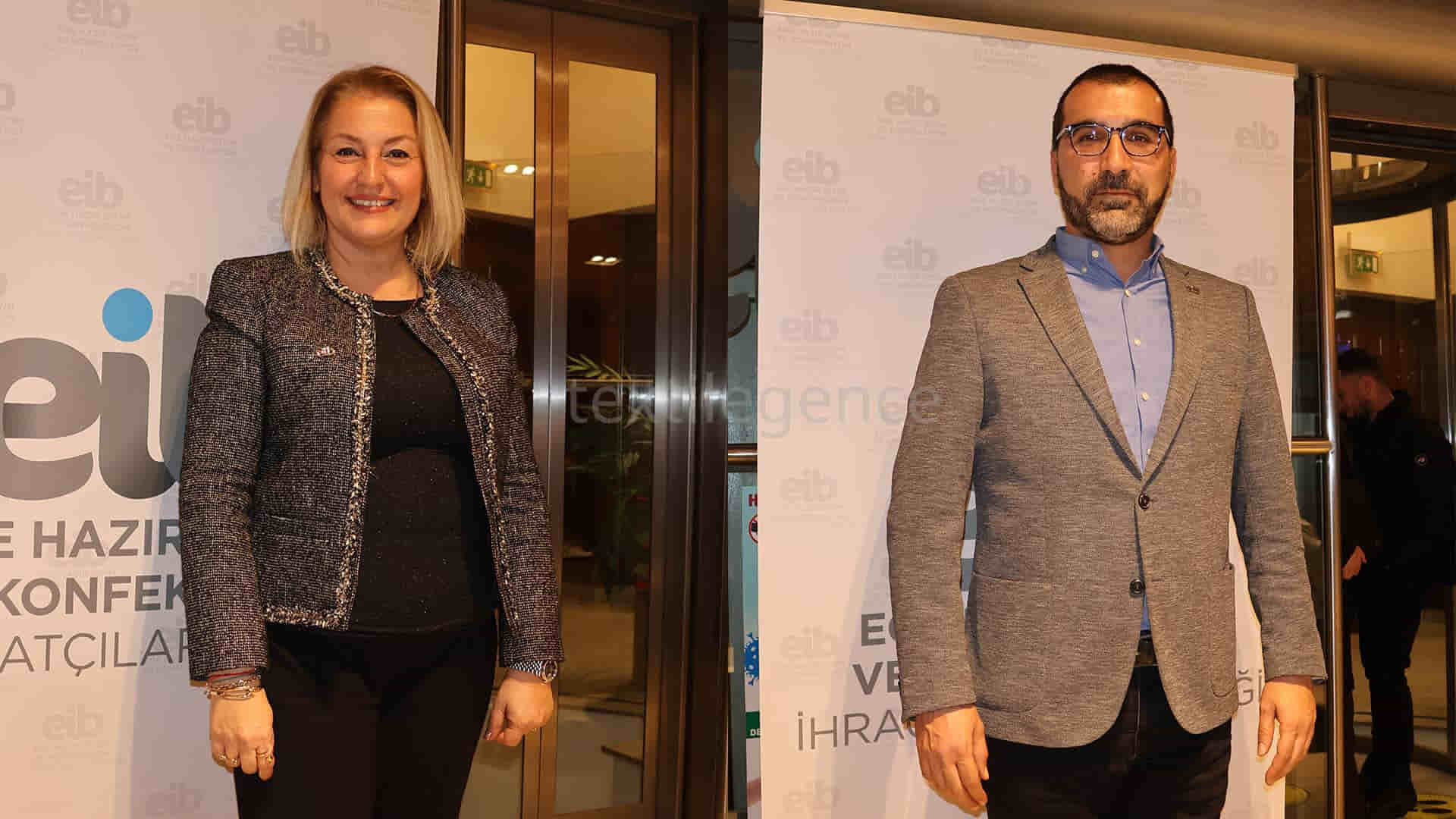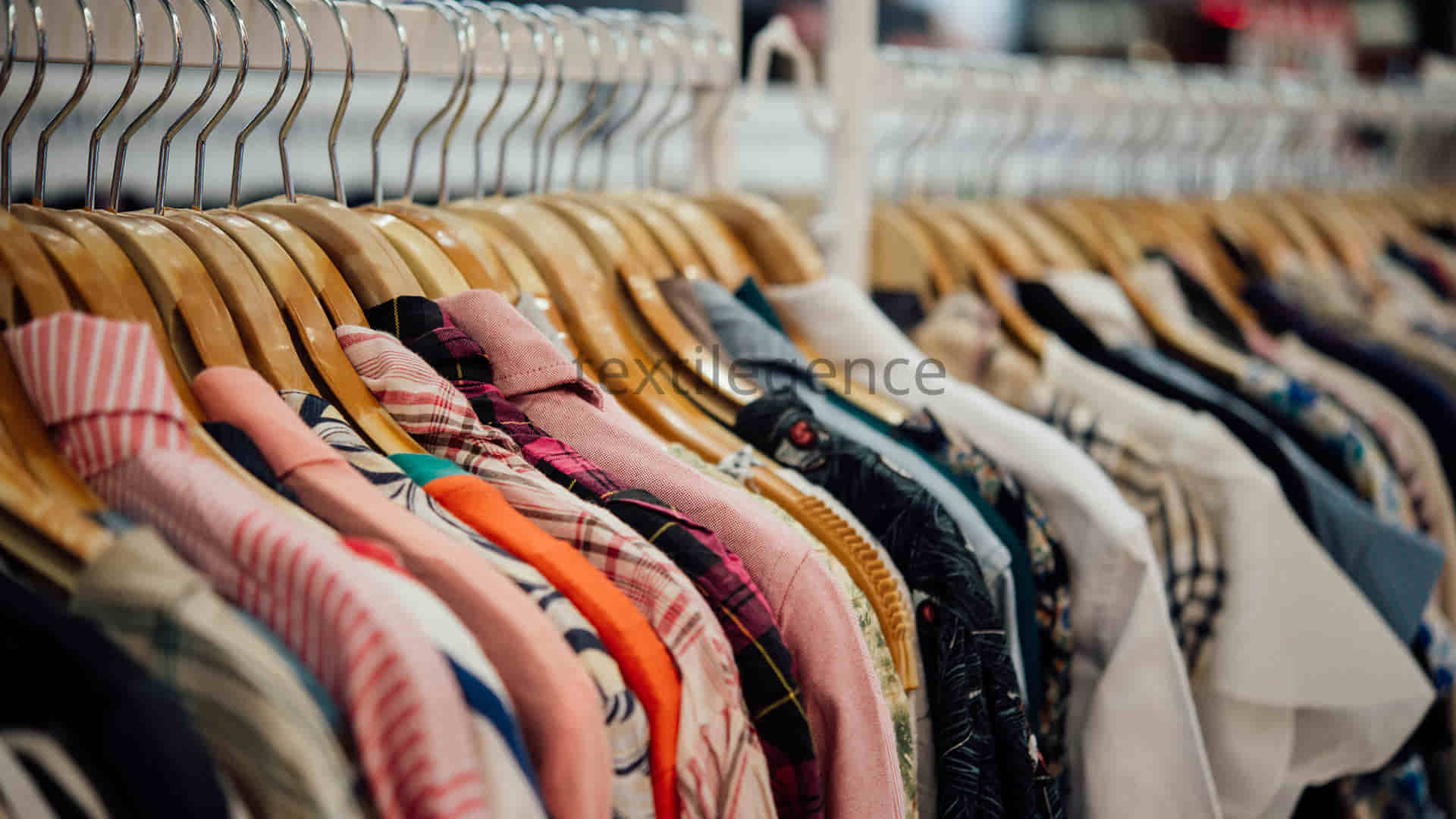While apparel exporters closed the year 2023 with a decrease of 9 percent in Türkiye generally compared to the previous year, the Aegean Apparel Exporters’ Association (EHKIB) recorded a decrease at the same rate. The reasons for the decline in exports were stated as the stagnation in Europe, which is the main export market, the uncertainty created by the Russia-Ukraine war, the problem of access to domestic financing and the increase in labour/energy costs. EHKIB President Burak Sertbaş, Vice President Seray Seyfeli and Vice President Çağlar Bağcı announced the evaluation of 2023, the agenda for 2024 and the targets for the coming period at the press conference.
President of EHKIB Burak Sertbaş stated that they realised an export of 19,2 billion dollars in 2023 in the apparel sector in Türkiye generally while announcing EHKIB’s export figures for 2023 as 1 billion 340 million dollars. Indicating that they closed the year 2023 with a decrease of 9 percent in Türkiye generally and EHKIB in particular compared to last year, he remarked; “2023 was a difficult year for our sector. The recession in Europe, our main export market, the uncertainty created by the Russia-Ukraine war, the difficulty in accessing financing in the country, and the increases in labour/energy costs have forced us. Due to cost increases, customers started to leave, as we remained overpriced compared to our competitors. It is not easy to find a new customer to replace the one who has left. Increasing the minimum wage support paid to the employer to 1400 TL contributes positively to employment and production.”

“Capacity utilisation rates decreased from 84 percent to 76,4 percent”
Emphasising that they started the new year with the problems that continued from 2023, Burak Sertbaş noted: “The fact that high inflation has not yet been brought under control and the lack of an increase in foreign demand shows that 2024 will not be an easy year either. The lack of demand continues due to the effect of the recession in the EU, our main market, where we make 60 percent of our exports. The low demand also has a negative impact on production.” Adding that capacity utilisation rates have decreased from 84 to 76,4 percent, he pointed out that the additional customs duty of 10 percent imposed on the import of yarn, fabric and apparel products in October 2023 made the situation even more difficult for apparel exporters. He also remarked that they estimate that these difficulties will negatively affect their business in the first half of 2024.
“We will try to catch up with last year in 2024”
Stating that they expect the recovery to be in the last quarter of the year if things go well in the sector, Burak Sertbaş announced that as the Apparel Sector Board, they set their year-end export target as 20 billion dollars. He disclosed: “Our exports as Türkiye decreased by 12 percent to 1,4 billion dollars and EHKIB exports decreased by 2 percent to 113 million dollars.” He also said that they will try to catch up with last year in 2024 and that they are targeting 1 billion 350 million dollars of exports this year.
Mentioning that they realized the first foreign market activity of 2024 by participating in Munich Fabric Start the Source exhibition with 10 companies, Sertbaş noted: “Demand in Europe, our main market, is still not at the level we want, but it is very important that we regularly participate in international exhibitions in our biggest markets.” He added that they are also planning to develop projects for the Northern countries, the UK and the USA, which are among their target markets, in the new year.

“Europe expects a stable economy from Türkiye”
Vice President of EHKIB Seray Seyfeli pointed out that the market loss will continue in 2024, saying: “It is getting more and more difficult for us to return the customers who work with other countries for about 4 seasons, even if everything goes well, recovery can only start at the end of 2025. The negativities in the European economy are causing price pressure on customers. As a manufacturer, we do not have much strength left to withstand against increasing costs and decreasing revenues.” Noting that European customers expect a stable economy from Türkiye, however, it is inevitable that losses will continue in the face of prolonged economic difficulties, she also remarked that as the Aegean Region, they are very good in design and sustainability. She disclosed: “We have companies that work far above European standards. We should do value-added works. We can turn to technical clothing.”
“We no longer expect a lower minimum wage for the development of our country”
Vice President of EHKIB Çağlar Bağcı said that while the net minimum wage was around 300 dollars in the past years, it is now 550 dollars; “Such an increase in labour, which is the biggest expense item of our sector, is of course very difficult for us. However, for the development of our country and for our people to live in prosperity, we no longer expect a lower minimum wage than this.” Underlining that the apparel sector is the most important employment depot sector of Türkiye, he continued his words as follows: “To overcome this difficulty, it is obvious that we need to produce with high added value, design, innovation and sustainability-oriented production. We have to rapidly adapt our sector and ourselves to this change. Although the Suez Canal crisis has caused some Far Eastern orders to shift to Türkiye, this will only be beneficial in the short term. The sector that will best adapt to the transformation in Türkiye is the apparel sector. Our most important goal is to complete this in the fastest way possible and leave these difficult times behind permanently.”


